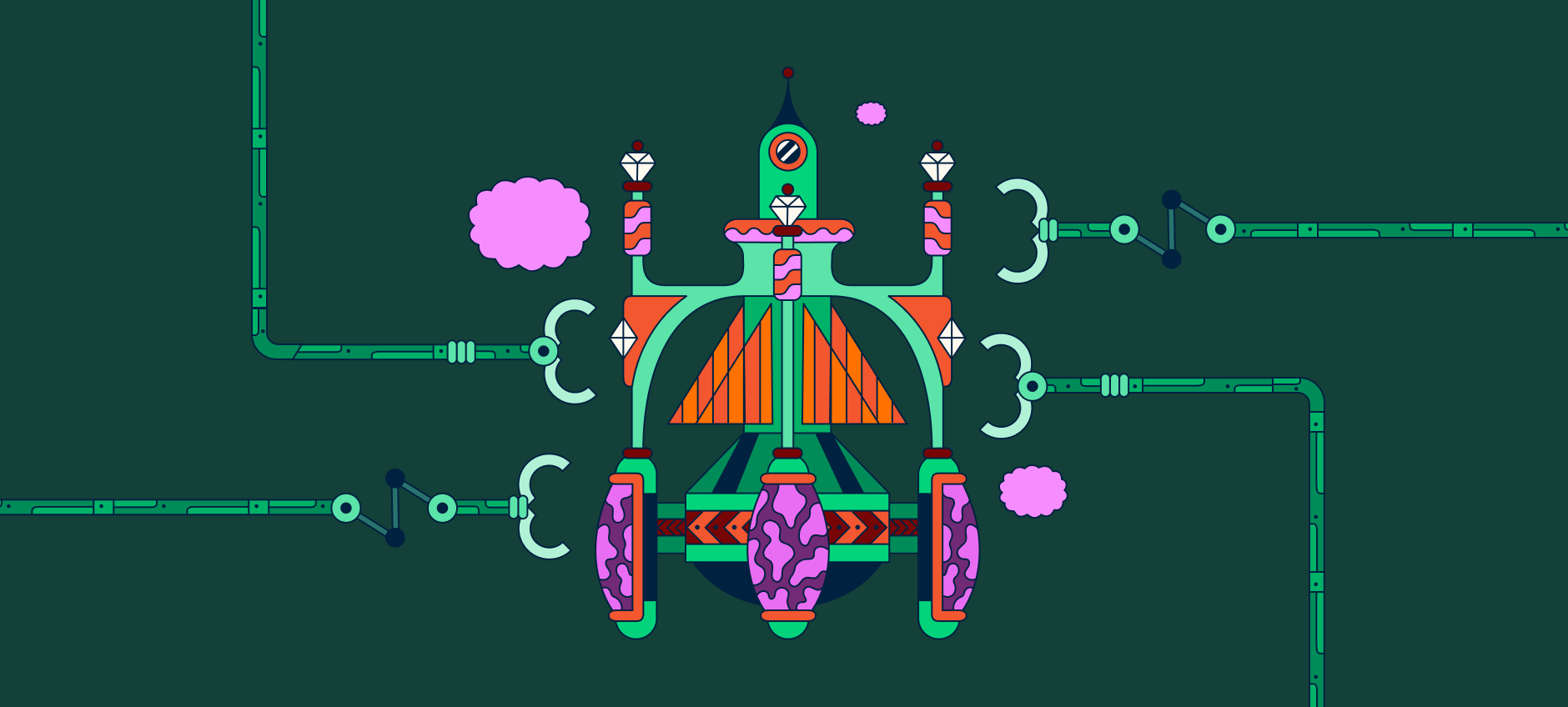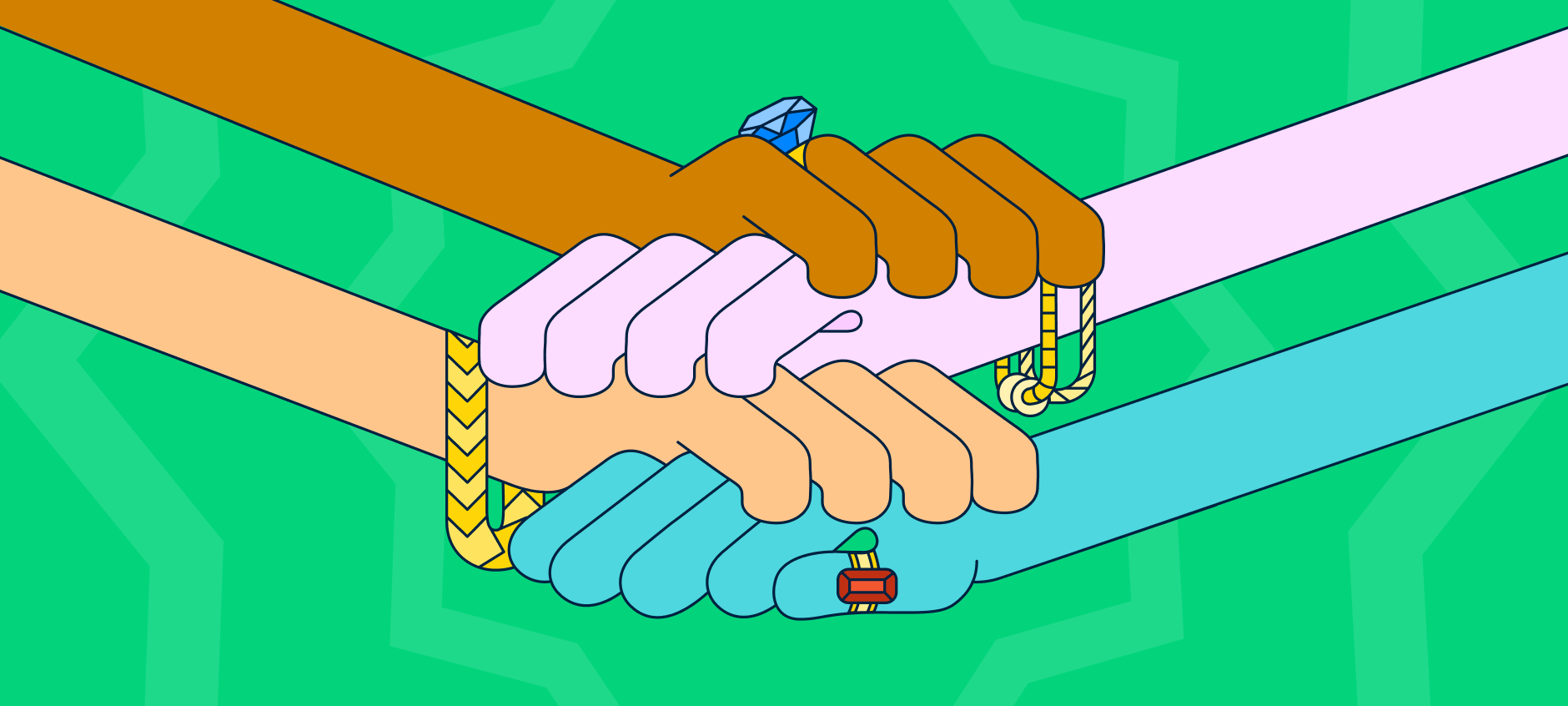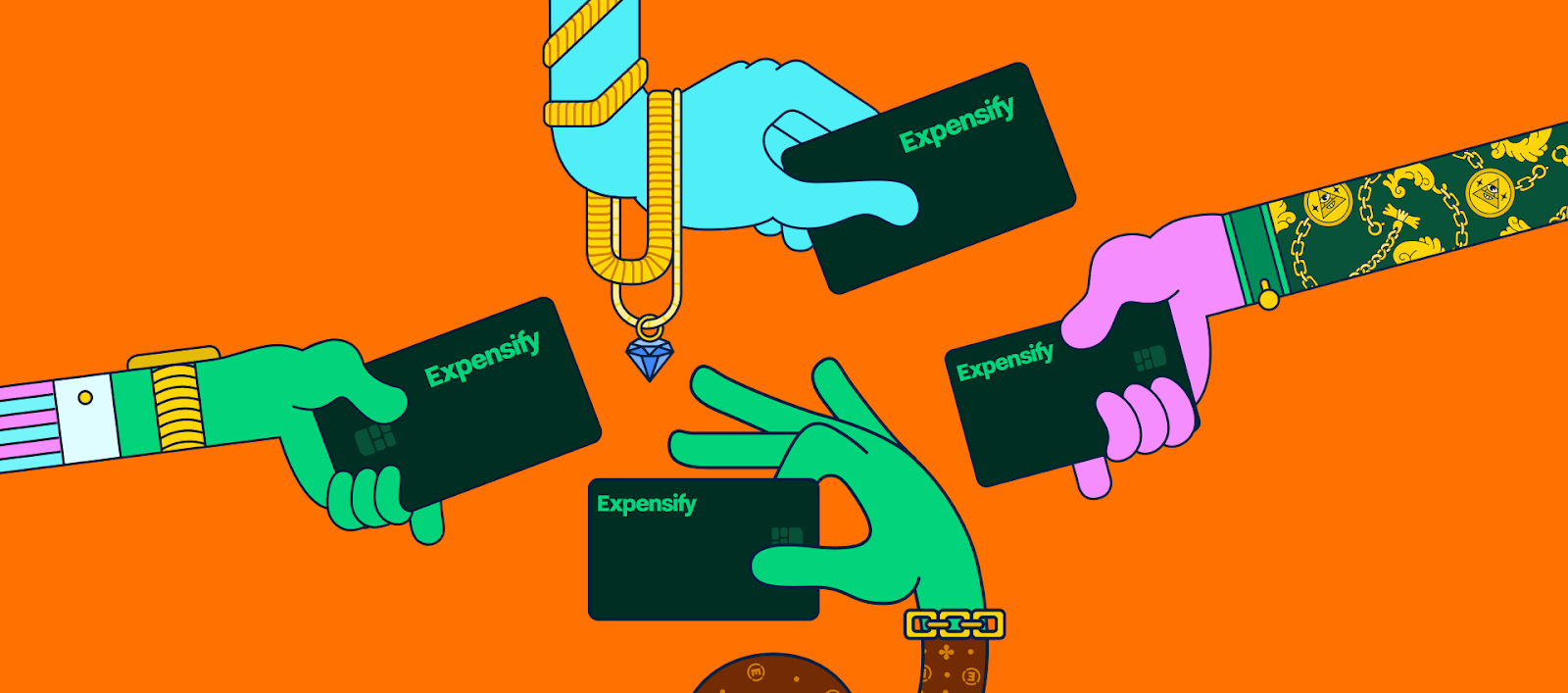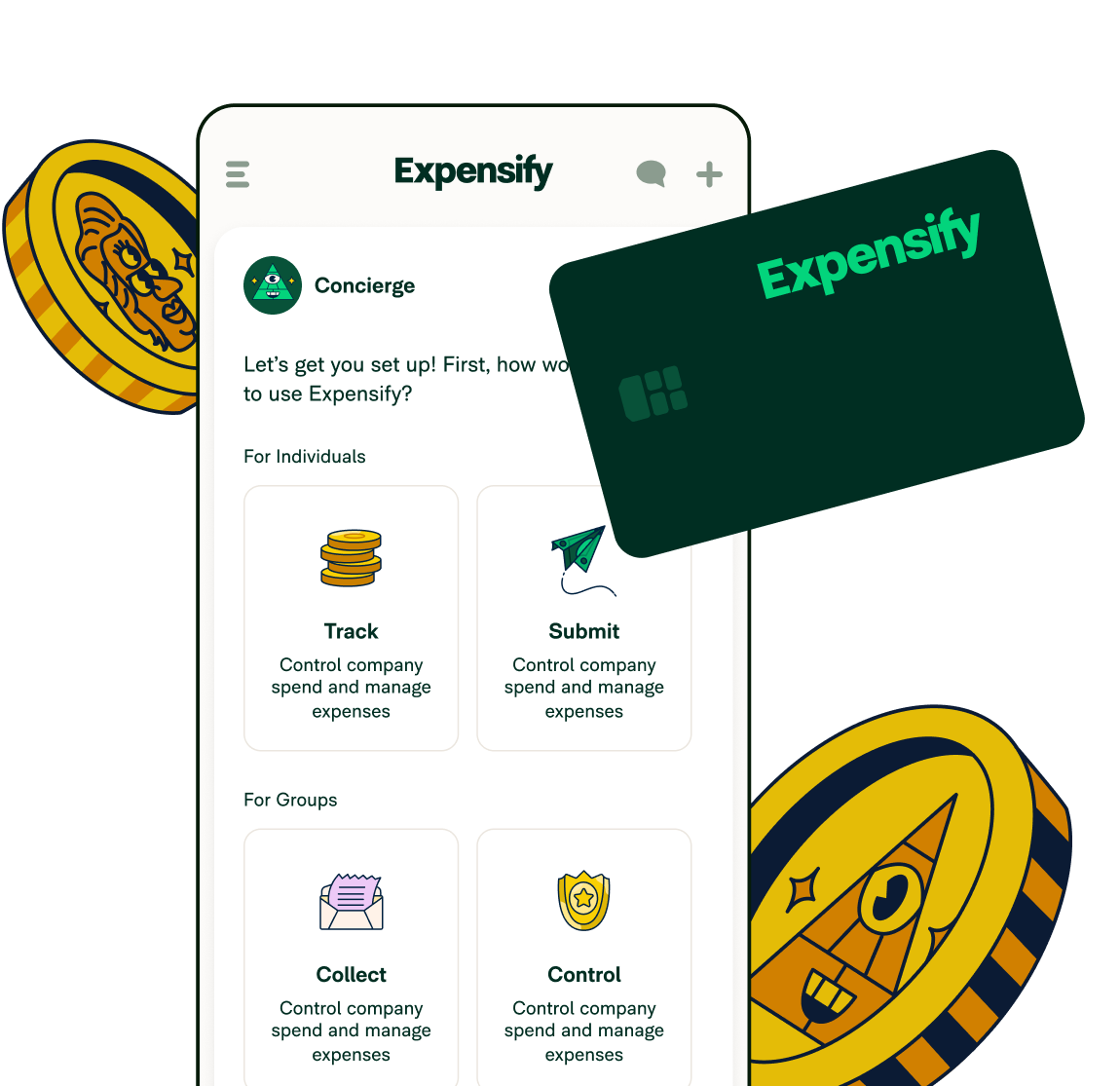
Unlimited receipt and distance tracking for sole proprietors and individuals, now free on New Expensify.
Like planting a tree, the best time to start expense tracking was last year – and the second best time is right now! Learn how New Expensify makes it super easy (and free) for you to scan receipts, record expenses, and log mileage so you can maximize your deductions when tax time rolls around.













